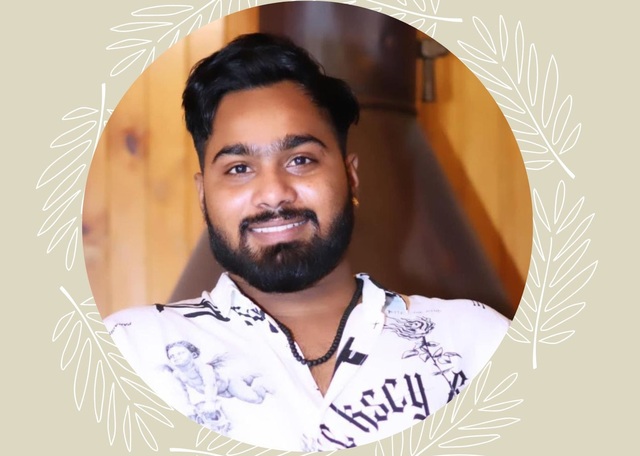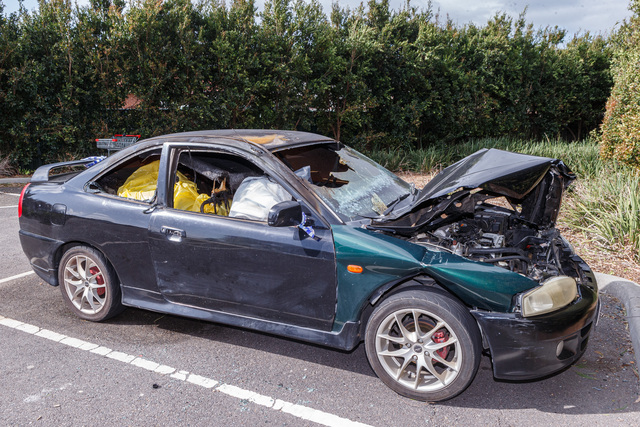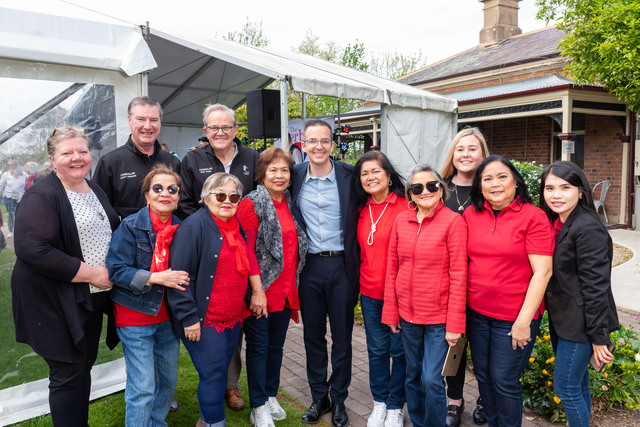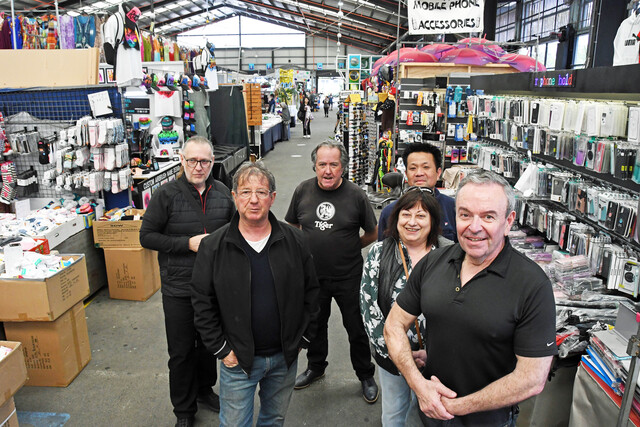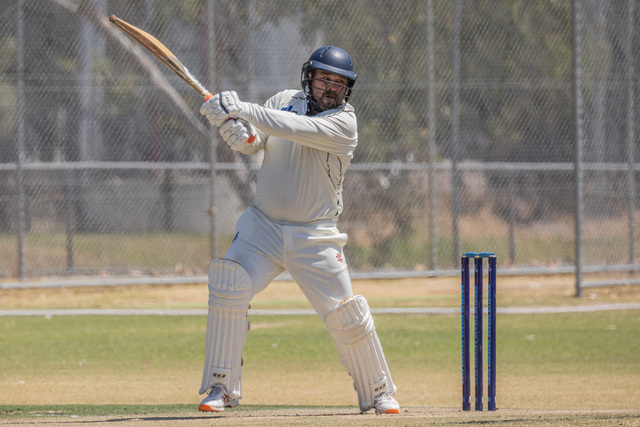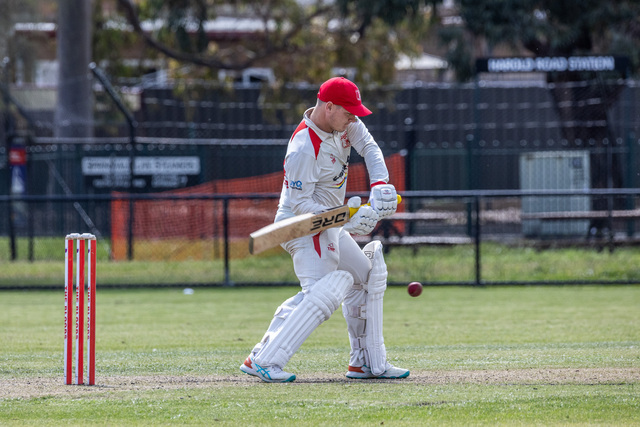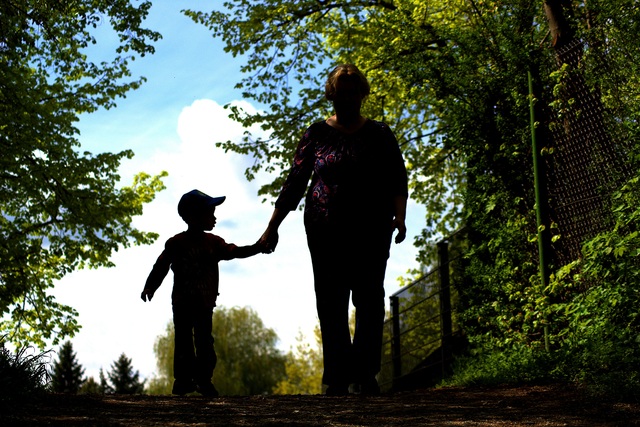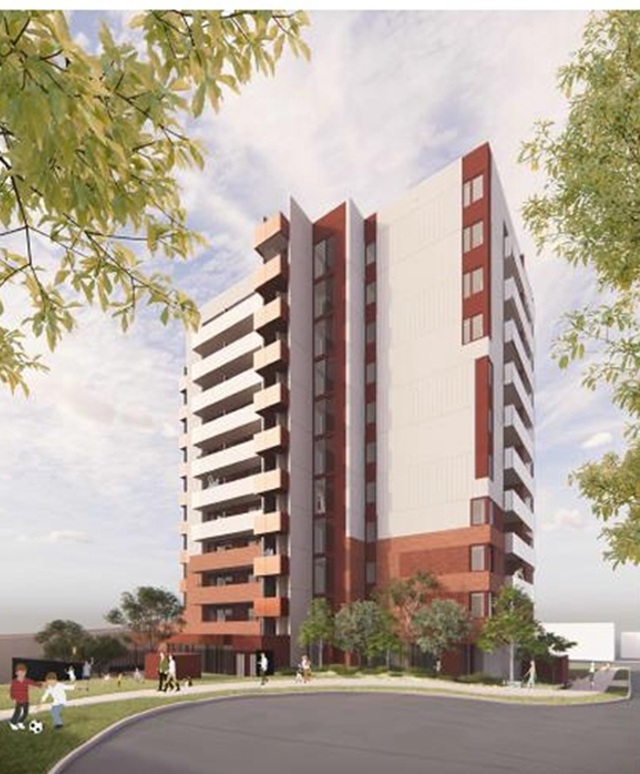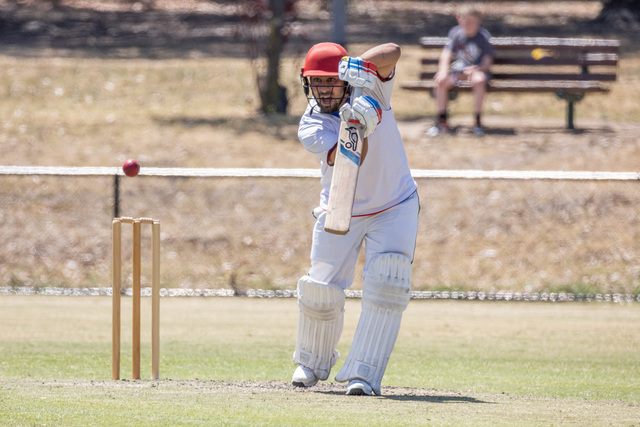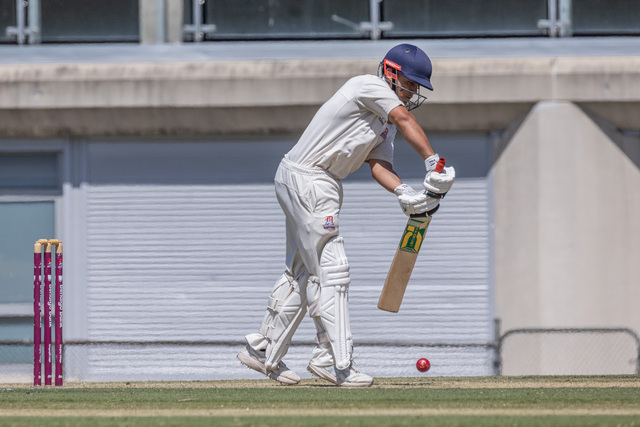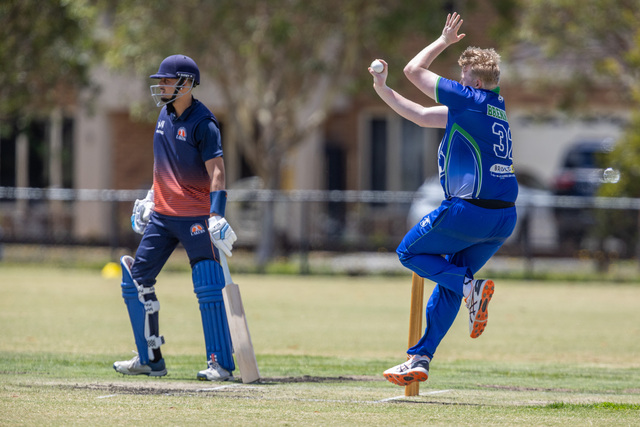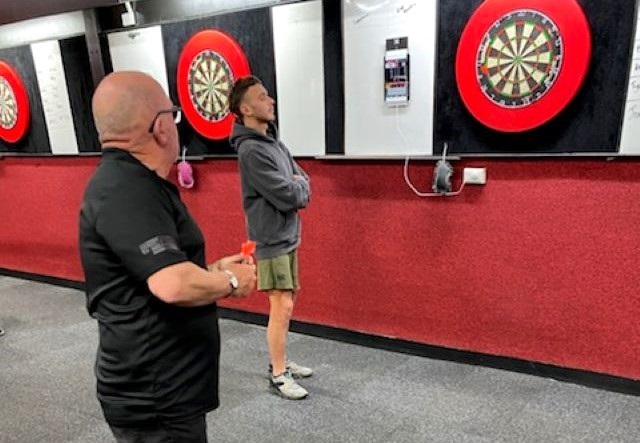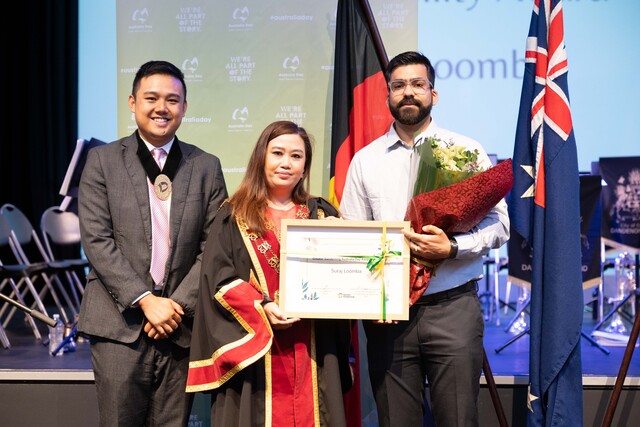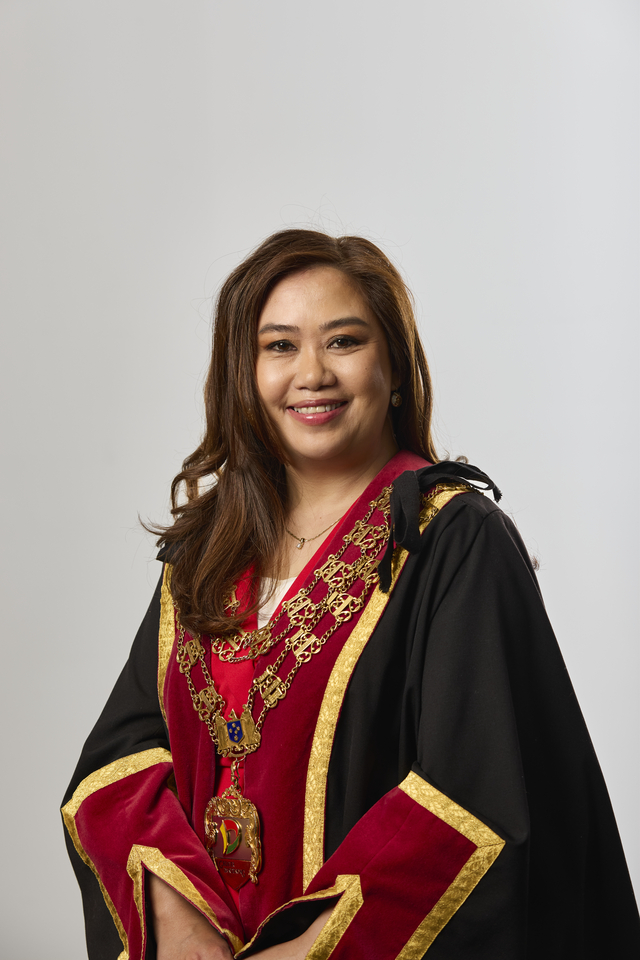Greater Dandenong mayor Lana Formoso has called for more permanent visas for asylum seekers after the tragic death of a 23-year-old Dandenong man.
Mano Yogalingham, who was said to have waited more than a decade on a bridging visa, died in hospital on Wednesday 28 August after self-harming in a car near Noble Park Skate Park.
It has resulted in a public outcry, including an “urgent appeal” letter to the Federal Government from Dandenong-based advocacy group Justice & Freedom for Ceylon Tamils.
A “terribly saddened” Cr Formoso said she offered condolences to his friends, family and the Tamil community as well as to the first responders.
“For refugees and people seeking asylum living with prolonged uncertainty about their visa status in Australia, there is no doubt this takes a heavy toll.
“While people engage in the lengthy process, those without work rights or access to basic support face poverty and homelessness amidst a cost-of-living crisis.”
She called on the Federal Government to provide people with a valid visa with work rights, as well as to expand their access to health care, income support and essential services.
Asylum seekers who had their previous visa applications refused under the ‘Fast Track’ system should be granted permanent protection, she said.
Cr Formoso said charities and the council were unable to meet the resultant demand for emergency assistance, with the Australian Red Cross providing food and clothing to more than 300 asylum seeker households in April.
“Greater Dandenong City Council is home to the second highest number of asylum seekers on bridging visas waiting on outcomes about their future in Australia.
“More than 700 of our local residents are living with this ongoing anxiety and uncertainty, unable to properly settle and plan for their future.”
Meanwhile, Justice & Freedom for Ceylon Tamils president Wicki Wickiramasingham wrote to Prime Minister Anthony Albanese and Immigration Minister Tony Burke.
He requested a priority review of refugee cases, particularly those suffering in “prolonged limbo” of more than 12 years without a path to permanent settlement.
“Tragically, within the last two months, three refugees have died, underscoring the extreme toll that this protracted situation is taking on their lives.
“These deaths, coupled with the breakdown of families, highlight the urgent need for a compassionate and timely resolution.”
Their “profound hardships” included barriers to education for their children, significant mental health issues and being unable to reunite with close relatives overseas or attend funerals and weddings, Wickiramasingham wrote.
Yogalingham fled from Sri Lanka by boat as an 11-year-old with his parents and four siblings.
The Tamil family had their claim for protection rejected under Australia’s ‘Fast Track’ system.
For more than half his life, Australia had been his home but he’d been “treated like a second-class citizen”, says Tamil Refugee Council founder Aran Mylvaganam.
Yogalingham had many friends and family but was believed to have issues with an ex-partner at the time.
His visa “limbo” is believed to have plagued his mental health, Mylvaganam says.
Bruce MP Julian Hill, who is Assistant Minister for Citizenship and Multicultural Affairs, said Yogalingham’s death was an “utterly horrific and tragic incident”.
“Any Australian – indeed any decent human being – would feel appalled that a person could get to the point in their mental health that this seems like not just an option, but a thing to do.
“My thoughts are with this man’s family, friends, first responders and anyone else affected.
“Many asylum seekers in my community were stuck in limbo for the best part of a decade, never able to leave as genuine refugees, but never able to confirm and build their life here or, in many cases, see their children and grandchildren.”
He said the election pledge of permanent protection for people with TPV and SHEV visas had been implemented.
“Almost 18,000 of the 19,000 Temporary Protection Visa holders in limbo for a decade under the Liberals have now been granted permanent visas and many others from the Bridging Visa caseload are now also now able to apply for permanent protection.
“The legacy of the remaining caseload is complex, and every case is different and needs to be worked through individually.”
According to department stats, the majority of those remaining are 7376 who have had their visas refused, cancelled or expired. Many of them are seeking a review.
A further 2475 had been denied visas but had not yet sought a review.
LIFELINE 13 11 14

